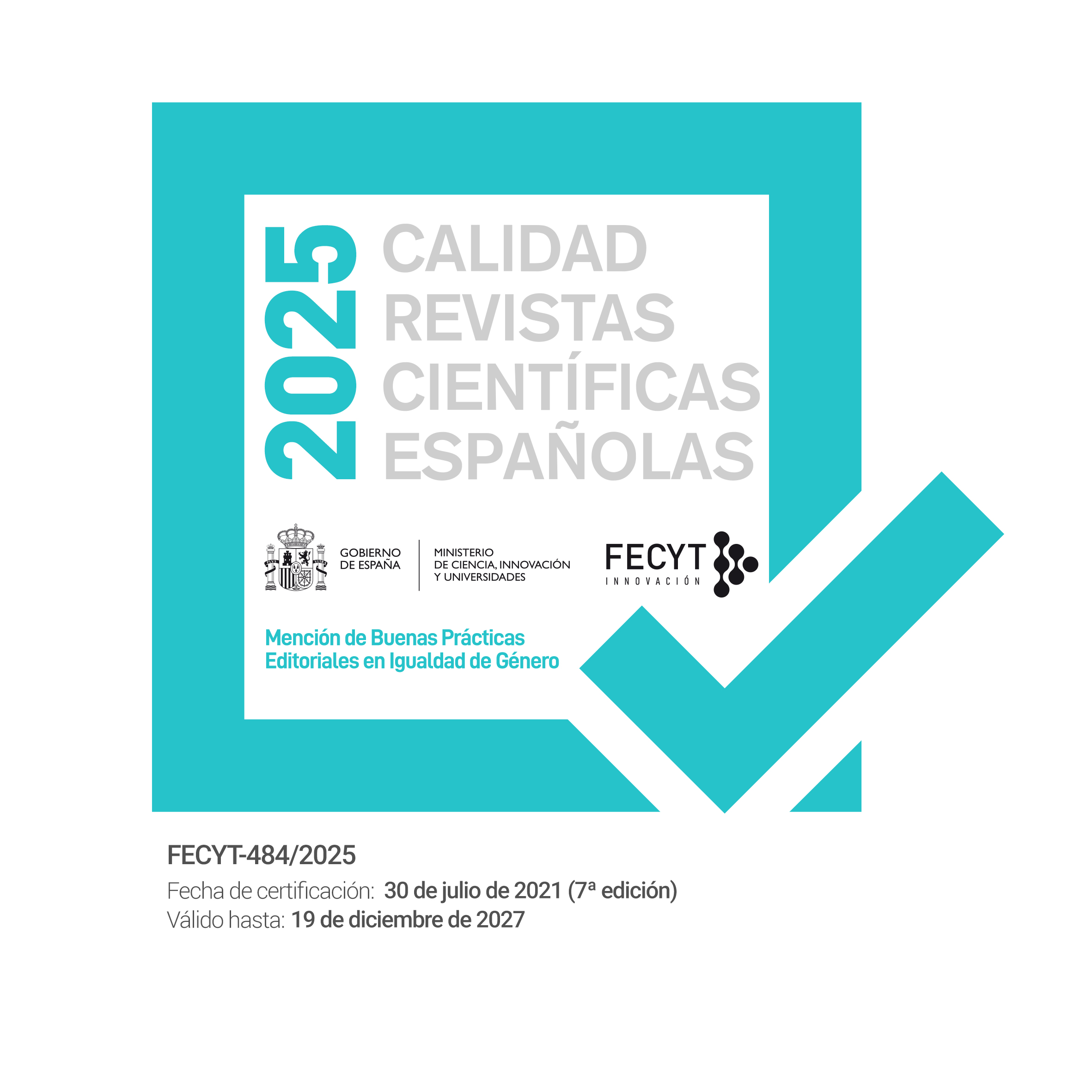Women and Men Teachers in Italy from the Fall of the Old Regime to the Rise of Fascism. Birth and development of a profession
DOI:
https://doi.org/10.5944/hme.1.2015.12817Keywords:
Man and woman teachers, Teacher education, Teacher Associations, Elementary School, ItalyAbstract
The article examines the slow process of professionalization of elementary school teachers, from the fragmented educational reality of the old regime to the emergence of a teaching body with a specific preparation and a collective identity. The Italian State played a significant role in this process because it concerned itself with the requalification of teachers and the education of new students up to the demanding task of fighting the high levels of illiteracy and promoting people’s adherence to the new values on which it was based. Teaching, however, remained poorly paid and quite precarious and those aspects increased feminine recruitment: the job was considered a respectable and typically womanly occupation, even though the arrival of single girls in small provincial towns sometimes resulted into persecutions that found an echo in press and literature. The improvement of teachers’ cultural level made untenable the contradiction between the rhetoric exaltation of the role of the teacher and the real conditions of the profession, which also contributed to the pedagogical press. In the new century, an increasingly combative association movement developed which obtained important results, but was undermined by deep internal divisions, between men and women, urban and rural teachers, catholic and secular teachers. Teachers were accused of defending corporative interests and neglecting the school system needs, and then called to order by the Gentile’s education reform, one of the first acts of Fascist rule.
Downloads
Downloads
Published
How to Cite
Issue
Section
License
Authors who publish in Historia y Memoria de la Educación agree to the following terms:
- Authors retain copyright and grant the journal right of first publication with the work simultaneously licensed under a Creative Commons Attribution-NonCommercial 4.0 International that allows others to share the work with an acknowledgement of the work's authorship and initial publication in this journal.
- Authors are able to enter into separate, additional contractual arrangements for the non-exclusive distribution of the journal's published version of the work (e.g., post it to an institutional repository or publish it in a book), with an acknowledgement of its initial publication in this journal.
- Authors are permitted and encouraged to post their work online (e.g., in institutional repositories or on their website) prior to and during the submission process, as it can lead to productive exchanges, as well as earlier and greater citation of published work (See The Effect of Open Access).












